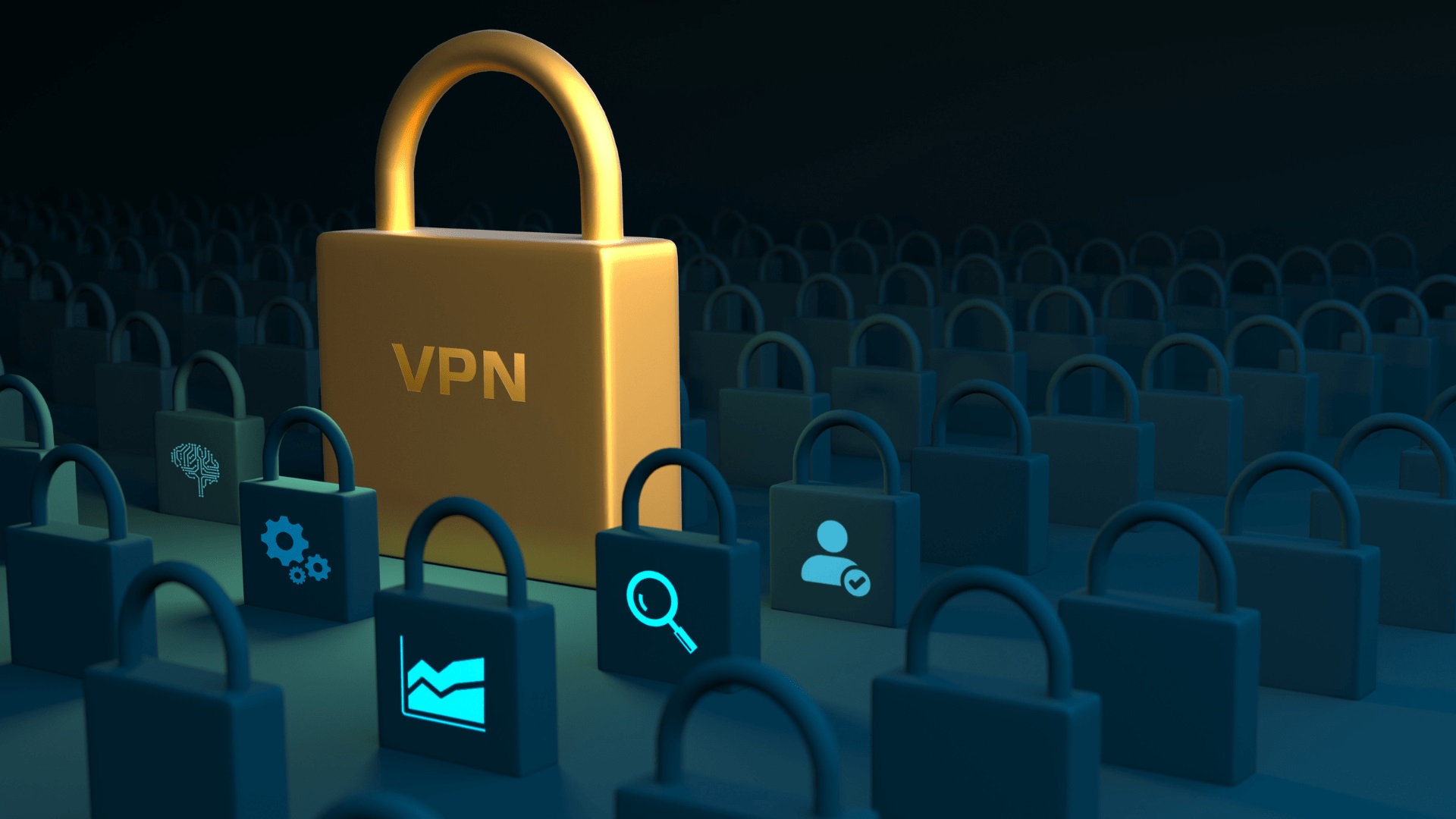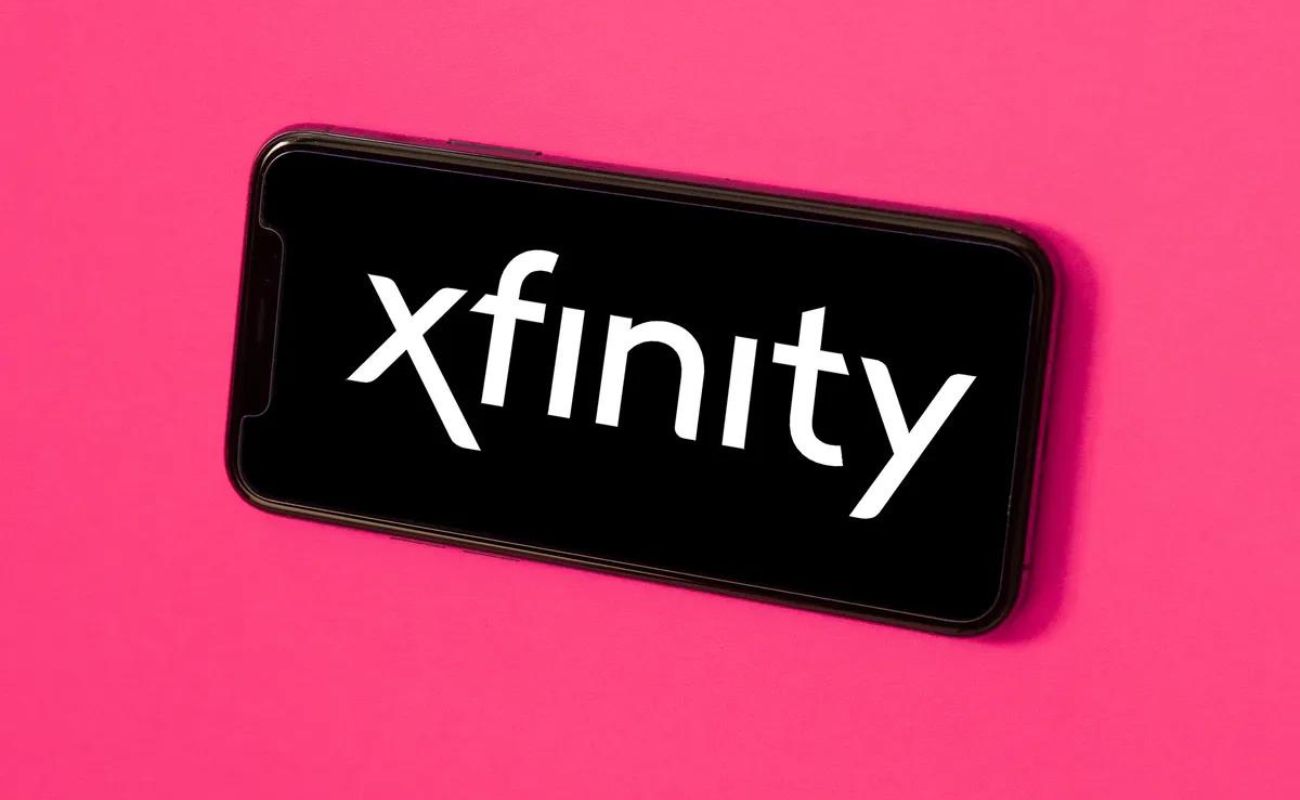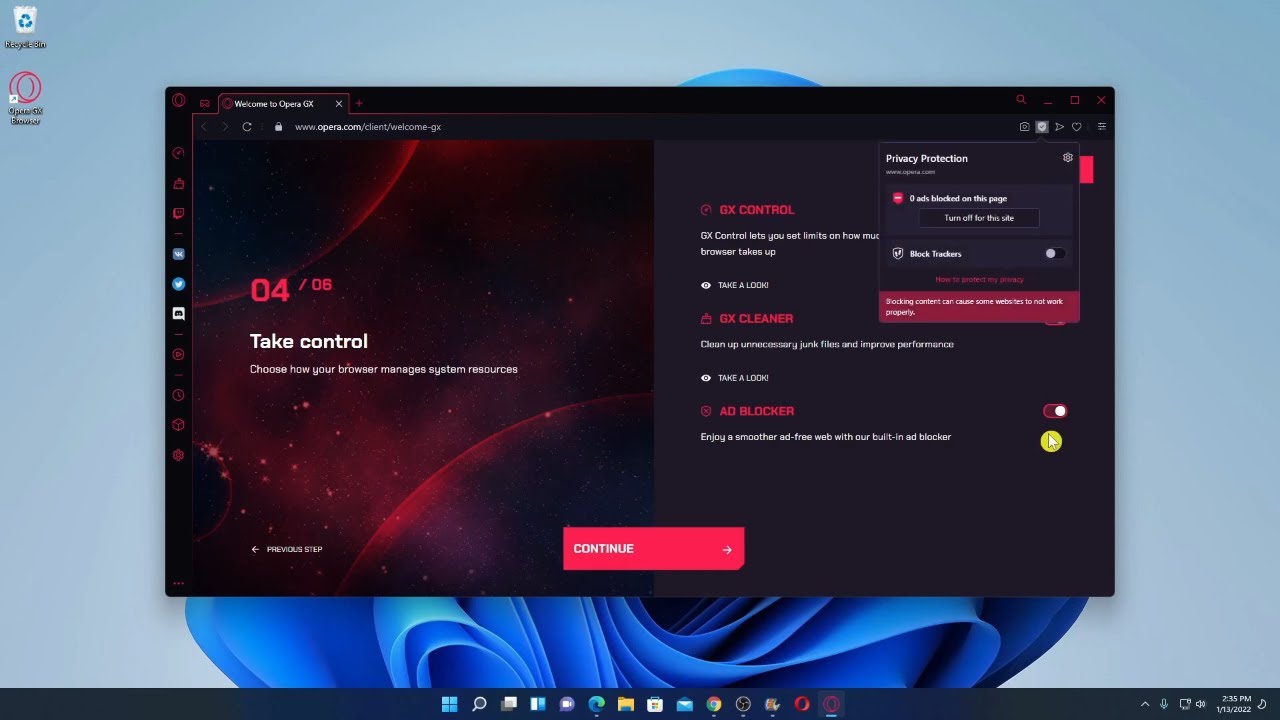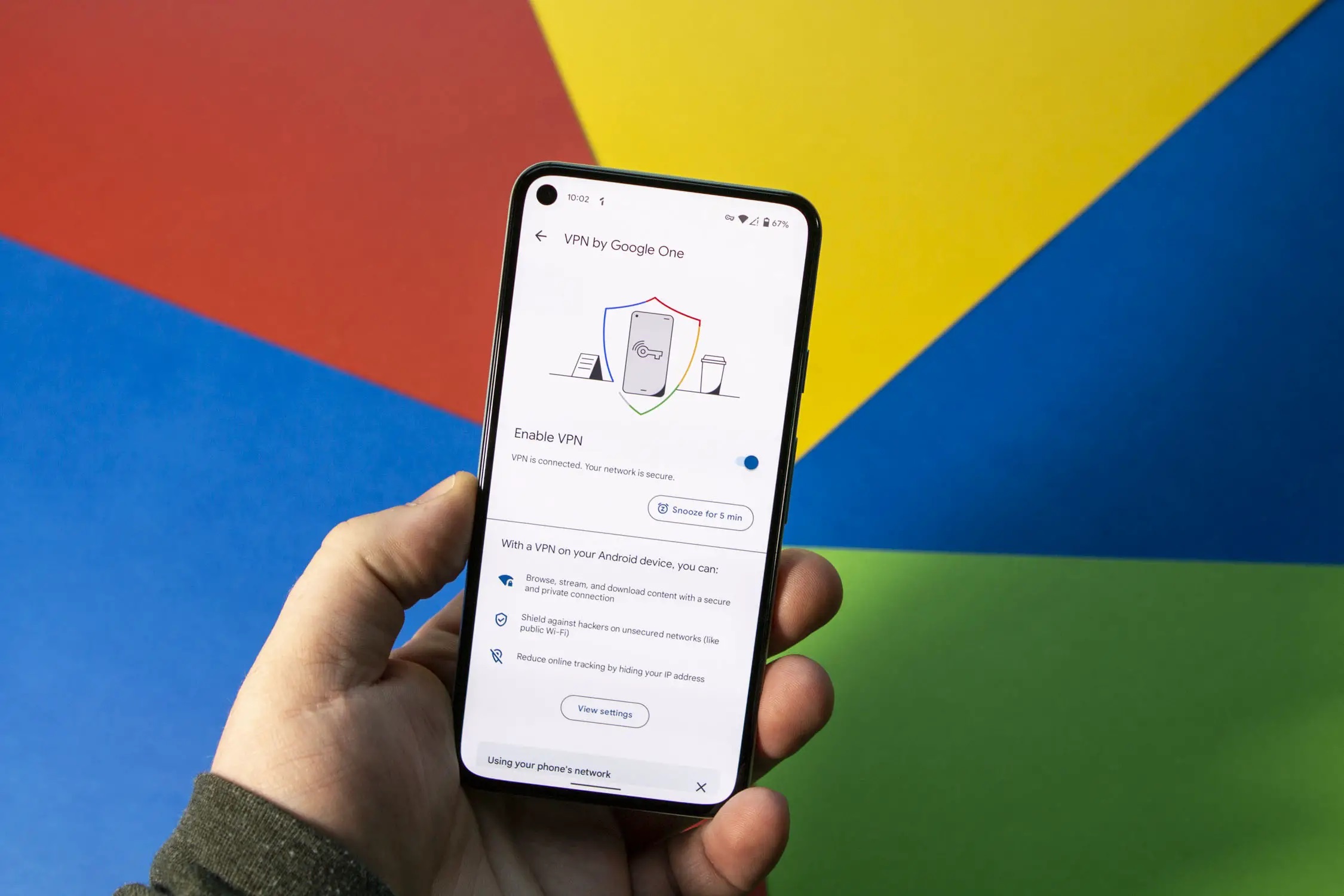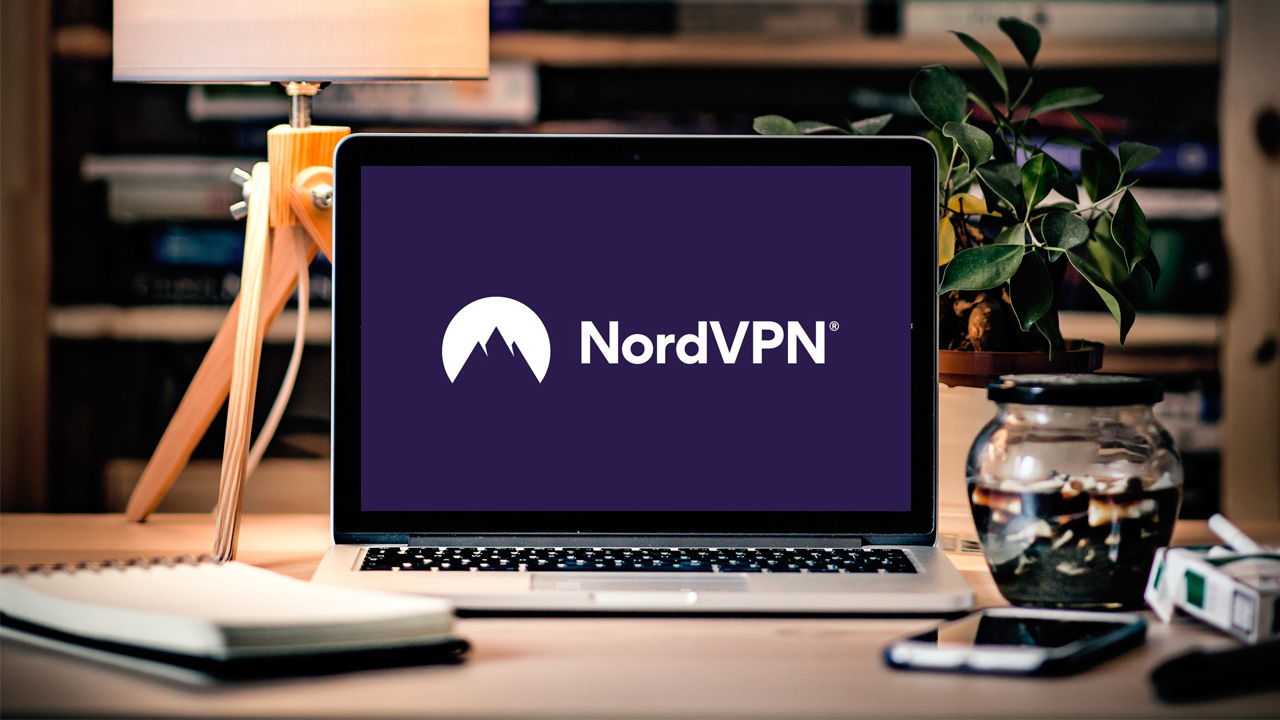Home>Software and Apps>Unveiling the Top VPN Server Names for Enhanced Online Security
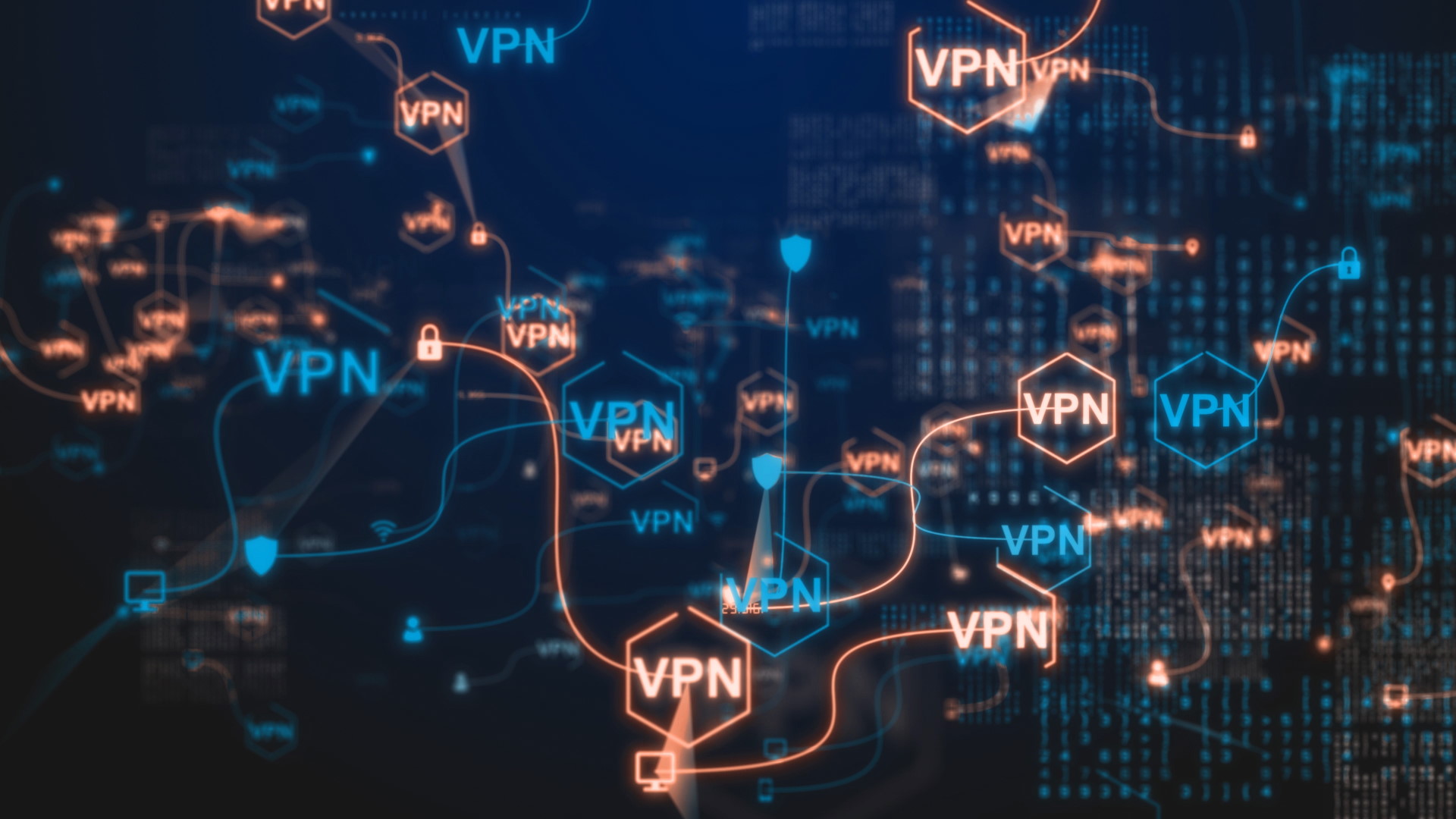

Software and Apps
Unveiling the Top VPN Server Names for Enhanced Online Security
Modified: September 5, 2024
Discover the best VPN server names for ultimate online security with our top-rated software and apps. Enhance your protection and privacy today!
(Many of the links in this article redirect to a specific reviewed product. Your purchase of these products through affiliate links helps to generate commission for Techsplurge.com, at no extra cost. Learn more)
Table of Contents
What is a VPN?
Understanding a VPN's function is crucial before diving into the top server names. A VPN encrypts your internet traffic, enhancing your privacy online. It bypasses monitoring tools used by ISPs, government agencies, and hackers, making it impossible for anyone to track your activities or see your actual geographic location. This is particularly useful for accessing geo-restricted content, bypassing censorship, and protecting sensitive information.
Read more: Top VPNs for Maximum Online Security
The Best VPN Services of 2024
1. NordVPN
NordVPN is widely regarded as one of the best VPN services available in 2024. Here are some of its key features:
- Strict No-Logs Policy: Operates from the Virgin Islands, meaning it is not subject to data retention laws. This ensures that your online activities are not logged or monitored by any third party.
- Large Server Network: With over 5200 servers in more than 60 countries, NordVPN offers an extensive network tailored to specific needs, such as P2P or extra security.
- Multi-Device Support: Connect up to six devices at once, making it an excellent choice for families or individuals with multiple devices.
- Specialty Servers: Offers specialty servers for tasks like torrenting, double VPN, and split tunneling, enhancing your online security and flexibility.
- Encryption Options: Choose from various encryption protocols including OpenVPN, IKEv2, L2TP/IPSec, and Shadowsocks, ensuring that your data is always protected.
2. Surfshark
Surfshark is another top contender in the VPN market, known for its robust security features and competitive pricing. Here are some of its key highlights:
- Strong Encryption: Uses strong encryption protocols to ensure that your data remains secure. It also supports unlimited devices, making it suitable for large families or businesses.
- No-Logs Policy: Operates with a strict no-logs policy, ensuring that your online activities are not recorded or monitored.
- Server Locations: Has servers in over 65 countries, providing a wide range of options for users looking to bypass geo-restrictions or access content from different regions.
- Additional Features: Offers features like CleanWeb, which blocks ads, trackers, and malware, further enhancing your online security.
3. Private Internet Access (PIA)
Private Internet Access (PIA) is known for its affordability and robust security features. Here are some of its key highlights:
- Large Server Network: Over 12,000 servers in more than 70 countries, providing a vast network of options for users.
- No-Logs Policy: Operates with a strict no-logs policy, ensuring that your online activities are not recorded or monitored.
- Multi-Device Support: Connect up to ten devices at once, making it an excellent choice for families or individuals with multiple devices.
- Additional Features: Offers features like MACE (Malware, Adware, and Tracker blocking), enhancing your online security by blocking malicious content.
Read more: Enhancing Online Security with Talkatone VPN
Other Notable VPNs
ExpressVPN
ExpressVPN is known for its fast speeds and robust security features. Here are some of its key highlights:
- Fast Speeds: Renowned for its fast speeds, making it an excellent choice for streaming and downloading content.
- Strong Encryption: Uses strong encryption protocols to ensure that your data remains secure.
- Server Locations: Has servers in over 105 countries, providing a wide range of options for users looking to bypass geo-restrictions or access content from different regions.
- Additional Features: Offers features like Split Tunneling, allowing you to choose which apps use the VPN and which don’t, enhancing your flexibility and control over your online activities.
CyberGhost
CyberGhost is known for its user-friendly interface and robust security features. Here are some of its key highlights:
- User-Friendly Interface: Offers a user-friendly interface that is easy to navigate, making it an excellent choice for beginners.
- Strong Encryption: Uses strong encryption protocols to ensure that your data remains secure.
- Server Locations: Has servers in over 90 countries, providing a wide range of options for users looking to bypass geo-restrictions or access content from different regions.
- Additional Features: Offers features like NoSpy Servers, located in Romania and not subject to data retention laws, enhancing your online security.
How to Choose the Best VPN
Choosing the best VPN can be challenging, especially with so many options available. Here are some key factors to consider:
Number of Servers
A VPN with a large number of servers is more likely to provide better speeds and access to the private network. Look for a VPN with at least a few thousand servers.
Server Locations
The location of the servers is crucial. You’re most likely to get fast connections if you connect to a server near you, but having servers in other countries/regions can also be beneficial for unblocking content and getting around internet censorship.
Cost
VPN subscriptions can cost anywhere from a few dollars per month to over $10 per month. Consider the cost and whether it fits within your budget. Long-term subscriptions often provide the best value.
Additional Considerations
Encryption Protocols
When choosing a VPN, consider the encryption protocols used. Some common encryption protocols include:
- OpenVPN: A widely used protocol known for its security and flexibility.
- IKEv2: A fast and secure protocol often used by mobile devices.
- L2TP/IPSec: Combines the security of IPSec with the flexibility of L2TP.
- Shadowsocks: Uses a combination of TCP and UDP to provide fast and secure connections.
Each protocol has its own strengths and weaknesses, so choose a VPN that supports multiple protocols to ensure the best possible security.
No-Logs Policy
A no-logs policy is essential for maintaining your online privacy. A VPN that operates with a no-logs policy ensures that your online activities are not recorded or monitored, providing you with complete anonymity.
Multi-Device Support
If you have multiple devices, choose a VPN that supports multiple devices. This ensures that all your devices are protected, providing you with comprehensive online security.

